I n May 2020, while most of the world was paying attention to the spread of the novel coronavirus COVID-19, an armed standoff between India and China developed in Ladakh. During the course of this standoff, shots were fired between the two armies for the first time in forty-five years. Though the Ladakh standoff seemed an isolated border incident, it came in a series of odd events relating traditional geopolitical concerns to new questions about technology, power and humanity. In June 2020, the US would launch the Clean Network initiative, meant to bring friendly countries together to create a global 5G network infrastructure independent of Chinese state-affiliated companies such as Huawei. And then, in July 2020, India banned several Chinese mobile applications for national security reasonsleaving some Indian tech founders delighted and others distressed.
Something was afoot. I wondered what was really going on.
My journey towards writing this book has been a long-winded one. I grew up in Delhi, a city where daily life is replete with the signs of the influence of history, trade and geopolitics. Irish Catholic schools sit in the heart of Delhis army garrison, and large refugee communities of Punjabi trader families still live where they were placed by a Partition effected by the colonial power. But I, as a regular kid, didnt pay much attention to these signs. Cricket, soccer and debating kept me busy, and the once-a-week computer lab sessions barely left an impression.
I left Delhi as a teenager to finish high school in Singapore, along with about thirty other starry-eyed, mostly middle class Singapore Airlines scholarship winners from all over India. It was there, separated from family for the first time, that I began to notice the impact of the internet on our lives. The ability to send e-greeting cards to my family, or chat with them and old friends on online chat platforms, made the transition much easier for my fifteen-year-old self.
I applied to college using paper forms and mailed them the good old way through the Indian Postal Service. I got my admission and scholarship letter from Haverford College, a small private liberal arts college in Pennsylvania, via mail too. My first brush with the mobile phone (and Facebook) happened at Haverford. During my undergraduate years, I spent a year at the London School of Economics, and also several months at Beijing Foreign Studies University in Beijing.
Upon graduating from Haverford, I worked in Washington DC at the Carnegie Endowment for International Peace. There I worked on, among other things, the nuclear non-proliferation programme with George Perkovich, the USIndia civilian nuclear deal and IndiaChina relations with Ashley Tellis, IranIndia relations with Karim Sadjadpour and with French South Asia scholar Frdric Grare. Looking back, the USIndia nuclear deal was a harbinger of the realignments and geopolitical changes in the world order.
During my time at McKinsey & Company in New York and Washington DC, I was exposed to the ramifications of technological advancement for corporates. Technology was impacting sectors as diverse as retail, healthcare, publishing and consumer. From close quarters, I saw the players in the emerging digital economy challenge the established players in these sectors.
At the Harvard Kennedy School (HKS), I delved deeper into the policy implications of technology. I got a glimpse of the emerging complexities of the world of cybersecurity while working closely with researchers at the Berkman Klein Center for Internet & Society. Extensive research on internet and politics, cybersecurity, diplomacy and national securitywith Professor Jack Goldsmith at the Harvard Law School and Professors Nicholas Burns, Nicco Mele and Eric Rosenbach at HKShelped me see how this new domain would shape global politics, diplomacy and international cooperation. Across the Charles River, at Harvard Business School (HBS) and Harvards Innovation Lab (I-Lab), I experienced a wholly different dimension: the power of technology to drive innovation, the significance of emerging digital platforms and the potential of entrepreneurship to transform economies.
Later, as I worked as a policy advisor in the IT ministry of the Government of India, I got a ringside view of how technology was penetrating the various sectors of Indias economy but also the complex policy challenges it presented. The opportunities technology offered for India to meet its socio-economic goals was evident from the work I did on the Common Service Centre (CSC) programmean initiative to bring the internet and e-governance services to the villages of India that has seen great success.
All these experiencesat the Carnegie Endowment, McKinsey, Harvard and in governmentcemented my belief that the technology sector would shape the world yet bring with it a new set of opportunities, challenges and complexities. While I was completing my MBA at the Wharton School, I met Nihal Mehta who along with other Penn/Wharton alums had started a US-focused early-stage fund called ENIAC Ventures. Driven by the belief that the tech scene in India was about to take off in the same way that it had in the US, Nihal and I raised an India-dedicated technology venture capital fund, India Internet Fund, backed by HNIs and family offices. And so, after over a decade in the United States, I moved to Mumbai to set up India Internet Funds first India office.
Over the past decade, weve invested in several successful (and some not so successful) technology start-ups across various sub-sectors. I also founded a tech start-up, Findable, focused on hyperlocal commerce. Along with our sister fund, ENIAC Ventures, we also helped several cross-border start-ups (India to the US, and the US to India) scale across these two geographies that we operated in.
In the process, I have witnessed the transformation of Indias tech start-up ecosystem. From the early days, when three or four early-stage funds would share our deal flow and pipeline over a Google Drive sheet, the Indian tech ecosystem has come a long, long way. From early rounds of a few hundred thousand dollars, tech founders are now raising rounds of hundreds of millions of dollars. The India arms of the global venture capital funds such as Accel and Sequoia were followed by the arrival of the big boys, like Tiger Global and Softbank.
In 2016, I found myself in the imposing Plenary Hall of Delhis Vigyan Bhawan, where the Indian Prime Minister was launching the Startup India initiative with much fanfare while hugging founders of Indian tech start-ups. Old friends, such as Vijay Shekhar Sharma and Bhavish Aggarwal, with whom I had shared car rides, conference stages and even offices, were suddenly the poster boys of the Chinese- and American-funded Indian tech start-up ecosystem. At TiE, TechSparks and NASSCOM start-up events, Indian entrepreneurs were suddenly mingling with young representatives of the new money, the Chinese Big Tech firms. The game had changed.
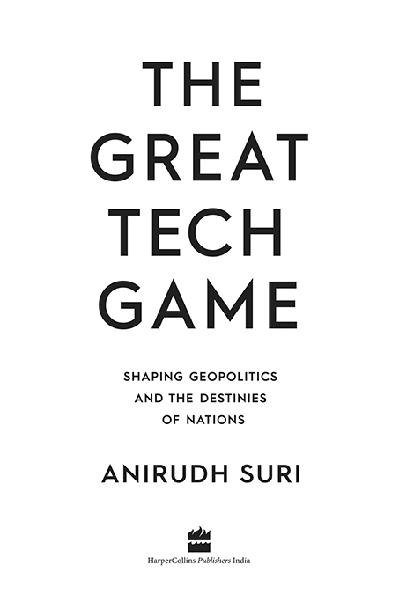


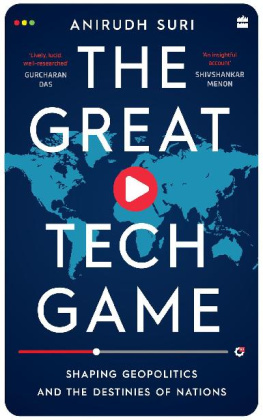

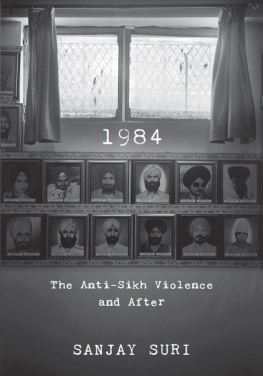



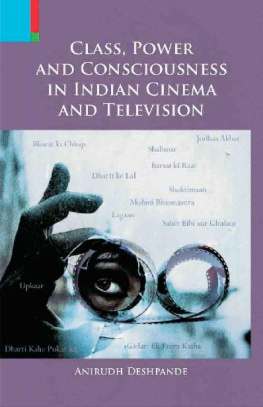
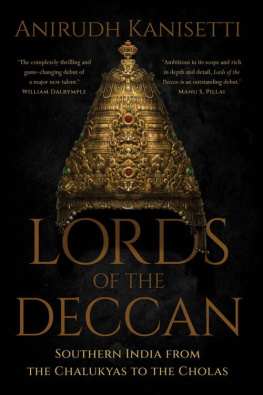
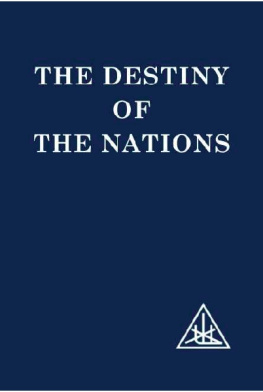
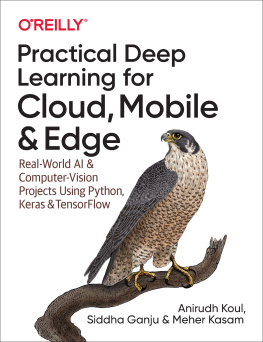
![Anirudh Prabhu [Anirudh Prabhu] - Beginning CSS Preprocessors: With SASS, Compass.js and Less.js](/uploads/posts/book/119148/thumbs/anirudh-prabhu-anirudh-prabhu-beginning-css.jpg)
